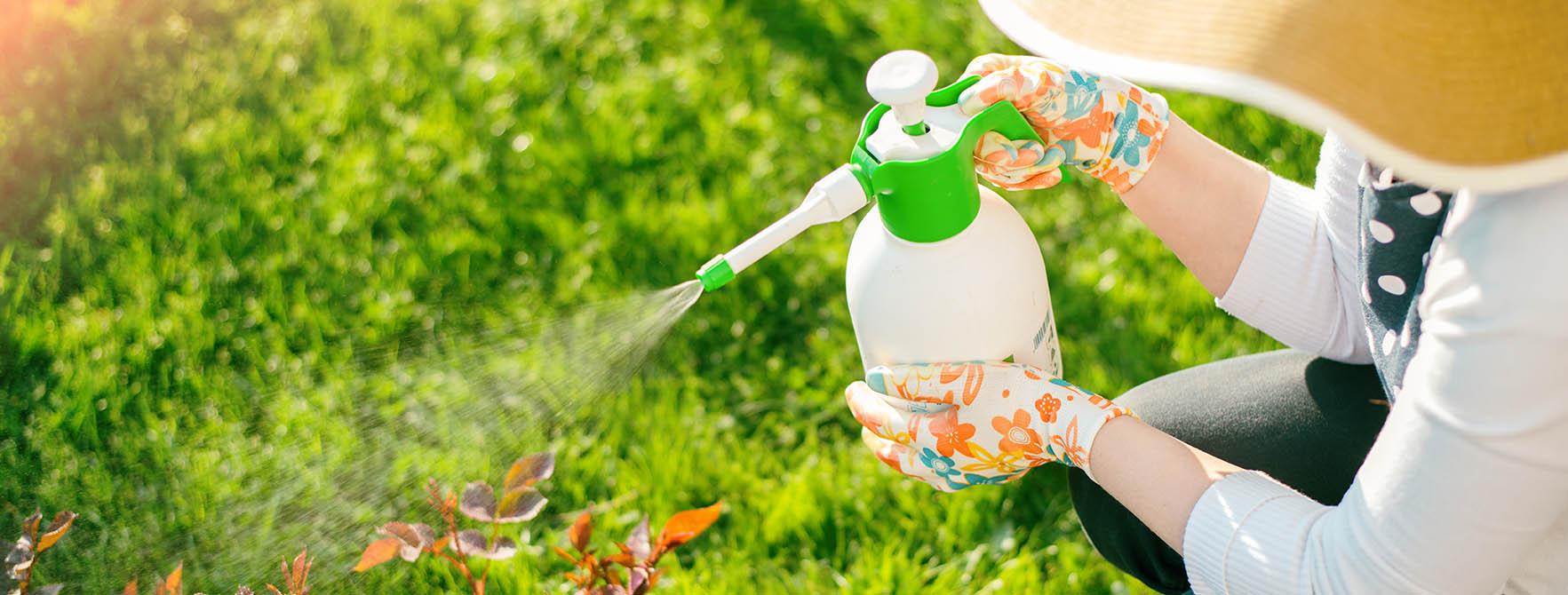How to Prevent Garden Pests Naturally

Gardening is a labor of love, but nothing can dampen the joy of nurturing your green space like the sight of garden pests wreaking havoc. Imagine your lush tomato plants, once vibrant and full of promise, now riddled with holes and wilting leaves. It's a heartbreaking sight, but it doesn't have to be your reality. There are organic ways to prevent garden pests that not only protect your plants but also promote a healthier ecosystem. Let's dive into the world of natural pest control and discover how you can keep your garden thriving without resorting to harsh chemicals.
Understanding Garden Pests
Before we delve into organic pest control methods, it's crucial to understand the enemy. Garden pests come in various shapes and sizes, from tiny aphids to larger critters like slugs and snails. Each pest has its preferred plant and method of destruction. For instance, aphids love to suck the sap from leaves, while slugs and snails feast on tender foliage. Knowing your pests is the first step in effective pest prevention.
Organic Ways to Prevent Garden Pests
1. Natural Repellents
One of the most effective eco-friendly methods to deter garden pests is the use of natural repellents. These can be as simple as common household items or specially formulated mixtures. For example, garlic and hot pepper sprays are excellent for repelling a wide range of pests. Simply blend garlic cloves and hot peppers with water, strain the mixture, and spray it on your plants.
Another popular natural repellent is neem oil. Derived from the neem tree, this oil is a powerful insecticide that disrupts the life cycle of many pests. It's safe for plants and beneficial insects but deadly to pests like aphids, whiteflies, and mites.
2. Companion Planting
Companion planting is a time-honored technique that involves planting specific plants together to deter pests naturally. Certain plants have properties that repel pests or attract beneficial insects. For example, marigolds are known to repel nematodes (microscopic worms), while mint and rosemary deter ants and flies. Planting these alongside your vegetables can create a natural barrier against pests.
3. Physical Barriers
Physical barriers are another effective way to keep pests at bay. Row covers, made of lightweight fabric, can be placed over plants to protect them from insects. These covers allow sunlight and water to reach the plants but keep pests out. For larger pests like rabbits and deer, fencing can be an effective deterrent.
4. Beneficial Insects
Not all insects are pests. In fact, many are beneficial and can help control pest populations. Ladybugs, for instance, are voracious predators of aphids. Lacewings and praying mantises are also excellent natural predators. Attracting these beneficial insects to your garden can help maintain a healthy ecosystem and keep pest populations in check.
5. Soil Health
Healthy soil is the foundation of a thriving garden. Plants that grow in nutrient-rich soil are stronger and more resistant to pests and diseases. Composting and using organic fertilizers can improve soil health and create an environment that is less hospitable to pests.
Implementing Eco-Friendly Methods
Step-by-Step Guide
Identify the Pest: Before you can treat the problem, you need to know what you're dealing with. Observe your plants for signs of damage and identify the culprit.
Choose the Right Method: Based on the pest, select the most appropriate organic pest control method. For example, if you have aphids, you might opt for a garlic spray or introduce ladybugs.
Apply the Treatment: Follow the instructions for your chosen method. For sprays, apply them during the cooler parts of the day to avoid burning the plants.
Monitor Your Garden: Regularly inspect your plants for signs of pests. Early detection is key to preventing significant damage.
Maintain Soil Health: Ensure your soil is rich in nutrients by using compost and organic fertilizers. Healthy soil leads to healthy plants, which are more resistant to pests.
The Benefits of Organic Pest Control
Organic pest control offers numerous benefits. It's safer for you, your family, and your pets. It's also better for the environment, as it doesn't introduce harmful chemicals into the ecosystem. Additionally, organic methods often promote a healthier garden overall by encouraging beneficial insects and improving soil health.
Conclusion
Preventing garden pests naturally is not only possible but also beneficial for the health of your garden and the environment. By using natural repellents, practicing companion planting, implementing physical barriers, attracting beneficial insects, and maintaining soil health, you can create a thriving ecosystem that is resistant to pests. So, why not give these organic ways to prevent garden pests a try? Your garden will thank you.
FAQs
What are some common garden pests? Common garden pests include aphids, slugs, snails, whiteflies, and caterpillars. Each pest has its preferred plant and method of destruction.
How do natural repellents work? Natural repellents work by either deterring pests through strong scents or disrupting their life cycles. For example, garlic and hot pepper sprays repel pests with their strong odors, while neem oil disrupts the life cycle of many pests.
What is companion planting? Companion planting is the practice of planting specific plants together to deter pests naturally. Certain plants have properties that repel pests or attract beneficial insects, creating a natural barrier against pests.
How do beneficial insects help control pests? Beneficial insects like ladybugs, lacewings, and praying mantises are natural predators of many garden pests. Attracting these insects to your garden can help maintain a healthy ecosystem and keep pest populations in check.
Why is soil health important for pest prevention? Healthy soil is the foundation of a thriving garden. Plants that grow in nutrient-rich soil are stronger and more resistant to pests and diseases. Improving soil health through composting and using organic fertilizers can create an environment that is less hospitable to pests.


0 Response to "How to Prevent Garden Pests Naturally"
Post a Comment